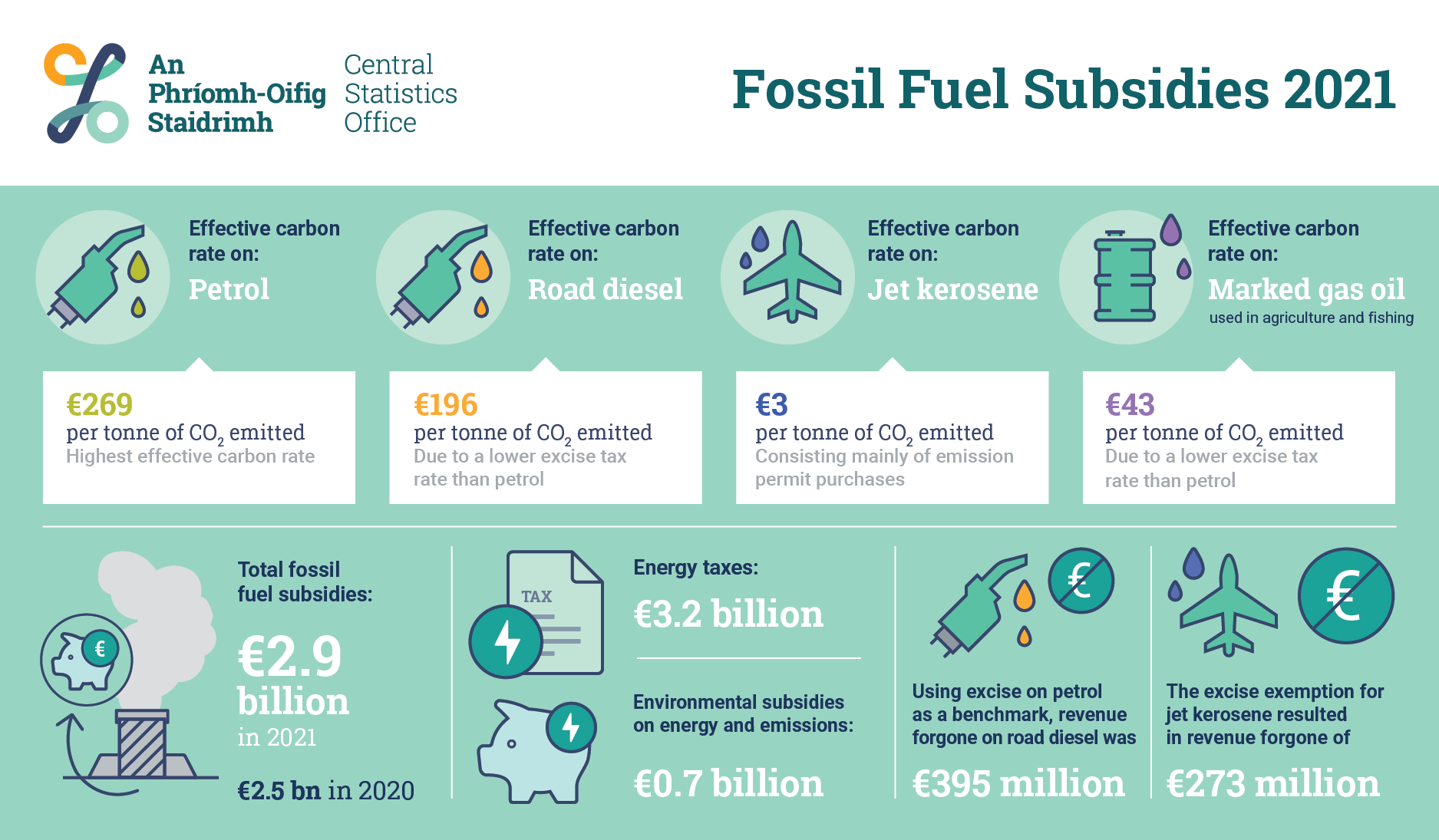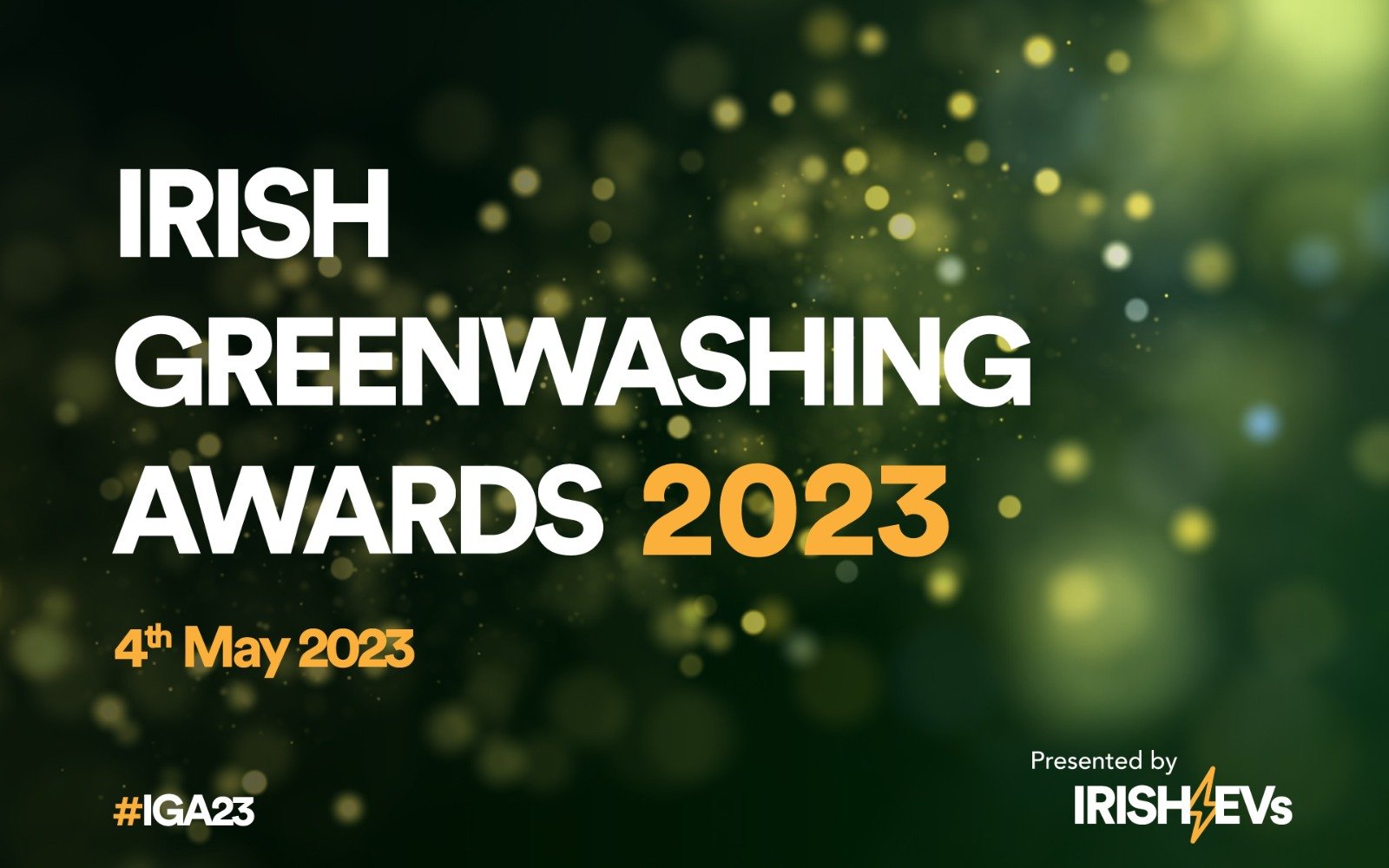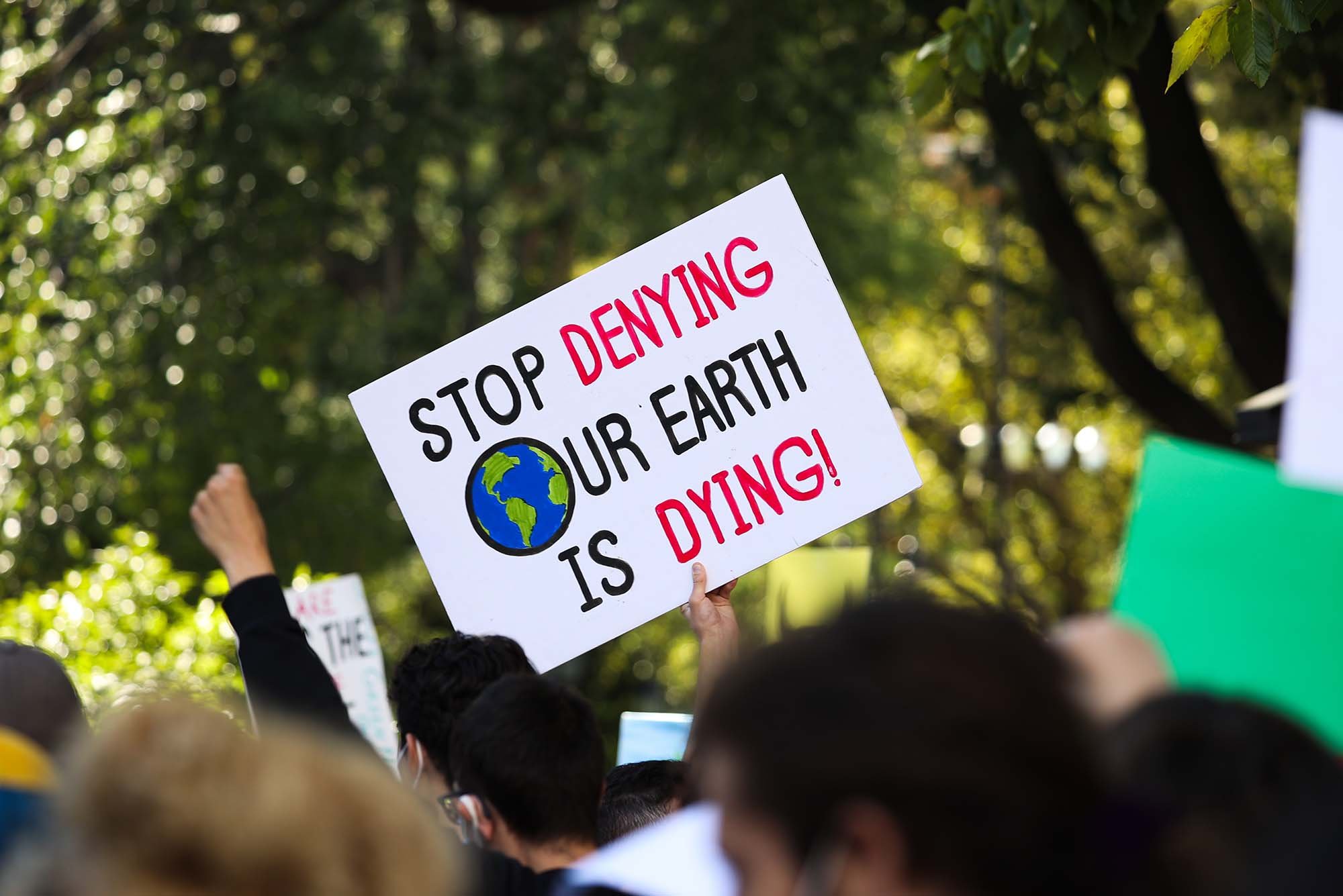
Budget 2024: Government Still Ignoring Scale & Reality Of Climate Emergency
“This Budget seeks to make the future safer for all of us.”
Those were the words of Finance Minister Michael McGrath as he concluded his delivery of Budget 2024 to the Dáil – a hopeful but empty promise that demonstrates the lack of understanding, compassion and action on the Climate Crisis that is so rife amongst Irish politicians.
While the Minister has lauded the creation of a €3bn climate action ‘war chest’ as part of the new Future Ireland Fund, this overlooks the sheer scale and urgency of Climate Crisis, and the role that the Irish Government has played in perpetuating it through its fossil fuel subsides.
A total of €2.9bn was spent on fossil fuel subsidies in 2021 alone, with close to €8bn spent to prop up the industry and its vast emissions between 2019-2021. In one year alone we spent as much on climate destruction as we will on fixing it. The maths just doesn’t stack up.
As things stand, the Irish Environmental Protection Agency has stated that we will significantly miss our emissions reduction goals by 2030, delivering cuts of just 29% compared to the Government’s pledge to cut greenhouse gas emissions by 51%.
Amidst the growing frequency of climate-led fires, floods and famines, we may have collectively fallen into the trap of thinking that the Climate Crisis will be a single cataclysmic moment but, in reality, it will be death by a thousand cuts.
Budget 2024 will make those cuts just a little bit deeper for the average person in Ireland over the coming years. Energy poverty has risen significantly under this Government, with the ERSI reporting that 29% of Irish households qualified as experiencing energy poverty as of June 2022.
The Irish Government gave as much in fossil fuel subsidies in 2021 as it is planning to give climate action in 2024 - it is funding climate destruction while telling the public that it is treating the Climate Emergency as an emergency. This patently isn’t true. Credit: CSO
While Budget 2024 offers some small reliefs – such as three energy credits of €150, the continuation of VRT relief on electric cars under €50k and the retention of the 20% discount on public transport – the reality is that this funding cycle will also perpetuate the energy poverty cycle.
Too many people are struggling already and have been left without viable alternatives to make positive changes.
VRT relief for EVs and continued microgeneration energy support are all well and good if you already have the money to buy a new car or install solar but, for the majority of Irish people, they are being locked into keeping their old, polluting and increasingly taxed diesel car on the road – or beholden to the whims of profit-making energy providers.
Where is the funding of a circular economy? Incentives for kick-starting an affordable second-hand EV market? Or long-term, interest-free government loans to help everyone reap the benefits of renewable energy at home, with the State bearing the burden for change?
The announcement of Budget 2024 comes just one day after Victoria University of Wellington shared new research showing that the Climate Crisis costs $16 million an hour in extreme weather damages.
This government declared a Climate Emergency in 2019 and has yet to act in line with their own declaration, or the clear scientific consensus on the necessary actions required to avert the worst outcomes of the dual Biodiversity and Climate Crises.
By the end of the Second World War, the US Government dedicated 40% of GDP to the war effort, with income tax rates of 94% on the highest earners, strong regulation and rationing on fossil fuels. This is what Emergency Mode looks like.
Budget 2024 pledges just 0.8% of GDP to the Future Ireland Fund. This is just a continuation of the status quo. It locks us in to climate cataclysm while making hollow promises about a “safer future for all”.
What To Read Next
Irish Greenwashing Awards 2023
The second annual Irish Greenwashing Awards highlight the prevalence of greenwashing, award the worst offenders, and call for urgent anti-greenwashing legislation to protect the people of Ireland
Ireland Urgently Needs Anti-Greenwashing Legislation
It is imperative that the Irish Government follows the examples of France & the Netherlands to introduce legislation to protect Irish people from greenwashing




